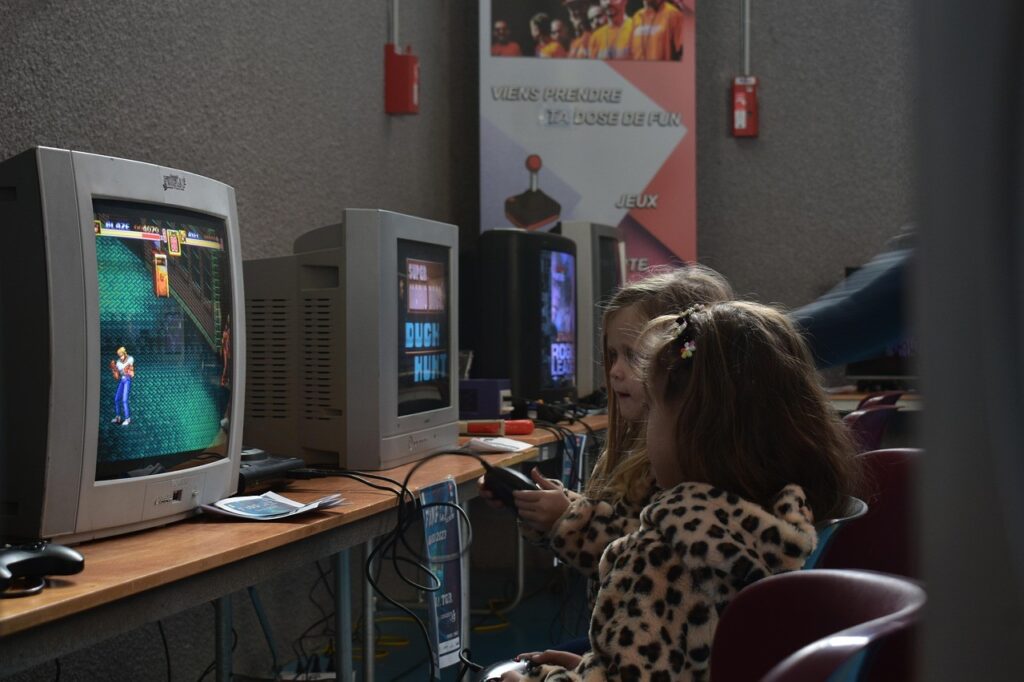Video game addiction is a real problem that can affect people of any age. It happens when someone cannot control how much they play, even when it causes problems in daily life. This addiction can harm health, school or work performance, and relationships with family and friends. Many people play games for fun, but a few struggle to control their gaming habits. Experts compare it to other addictions, like gambling, and that is why spotting the problem early helps families step in and guide their loved ones toward better choices.
What is Video Game Addiction?
Video game addiction is when a person spends many hours playing video games and is unable to stop, even when it has serious effects on their life. This addiction is similar to gambling or substance addiction because people keep playing despite negative effects on their health, school, work, or relationships. Video games are designed to be exciting and rewarding, which makes them hard to stop. When someone plays, their brain releases dopamine, a chemical that makes them feel good. Over time, they may need to play more to get the same feeling, making it even harder to quit.
Signs That Show Your Loved One May Be Struggling
You can look out for emotional signs like anger when not playing, thinking about games constantly, hiding playtime, or avoiding friends. There are also some physical signs, including tiredness, not showering, or staying up late gaming. These can lead to some short-term effects, such as falling grades or arguments at home, and long-term, it can lead to health issues like poor sleep, weaker relationships, and trouble keeping a job. These problems often get worse if the gaming habit is not addressed early, and the legal team at Lawsuit Legal News can help.
Who Is Most at Risk?
Though video game addiction can happen to anyone, it’s most common in kids, teens, and young adults. Teens and college-aged players often spend too much time gaming and show more signs of addiction, like skipping school or homework. Young adults today face higher risks than older adults. While people over 26 can also get addicted, it’s less frequent, but it may still hurt their work or home life. Boys and men are more likely to struggle with gaming addiction than girls or women.
Treatment Options & Legal Help
There are many safe and useful treatment options for you, like therapy to help manage gaming habits. You can also make use of cognitive behavioral therapy (CBT), which teaches coping skills to reduce excessive play. Family counseling improves communication and sets healthy rules around gaming, and support groups expose them to shared experiences and provide a system for accountability. Legal teams can help families understand rights, such as disputes over school/work neglect or financial harm caused by addiction. They may also help you in accessing resources or resolving conflicts related to gaming’s impact on daily life.
Conclusion
Video game addiction can harm health, relationships, and daily responsibilities, but you can definitely ask for help. Families can support loved ones by setting boundaries, encouraging therapy, and exploring support groups. Legal teams may assist if gaming causes school, work, or financial issues. Recovery takes time, but with patience and the right resources, healthier habits can be built.


More Stories
Why Are Sweepstakes Casinos Gaining Popularity Among New Gamblers?
Can Gambling Pay Off? Realistic Ways to Make Money Playing Smart
How Sports Games Have Evolved Across Console Generations